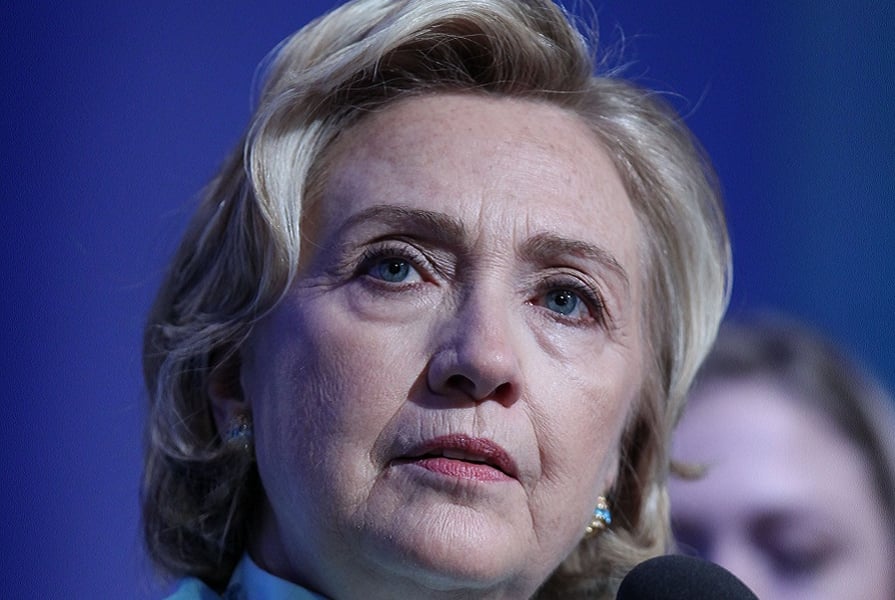Hillary Clinton called for the financial industry to “rein in excessive risks” and to take a broader view of investing that benefits the average person and the overall economy rather than focusing on quick profits.
In her first major policy speech since
launching her presidential campaign in April, the former secretary of state focused on economic policy proposals on Monday. She didn't provide detailed plans, but did offer a laundry list of ideas to raise middle-class wages and reduce income inequality.
“Over the course of this campaign, I will offer plans to rein in excessive risks on Wall Street and ensure that stock markets work for everyday investors, not just high-frequency traders and those with the best or fastest connections,” Ms. Clinton said in a speech at the New School for Social Research in New York.
(More: "What a Jeb Bush presidency would mean for advisers")
As part of her effort to encourage Wall Street to look further along the economic horizon, she said she would propose a new capital gains tax in coming weeks that “rewards longer-term investments that create jobs more than just quick trades.”
Her criticisms of Wall Street helps her appeal to backers of liberal Democrats, such as Massachusetts Sen. Elizabeth Warren and her Democratic primary opponent, Sen. Bernie Sanders, I-Vt.
“That was very thinly veiled pandering to the Elizabeth Warren crowd,” said Paul Auslander, director of financial planning at ProVise Management Group. “Hillary Clinton has to win a primary — and she needs a lot of these left-leaning votes.”
Another adviser said Ms. Clinton sounded as if she had emerged from a time machine. Stephen F. Lovell, founder of Lovell Wealth Legacy, said that capital gains taxes already favor long-term investment.
“It's like a speech from a different era,” Mr. Lovell said. “We already have all of those laws.”
(More: "Trump stingy with employees' 401(k)s")
Putting teeth into the enforcement of securities laws is another priority for Ms. Clinton.
“We will prosecute individuals as well as firms when they commit fraud or other criminal wrongdoing,” she said.
On economic policy, Ms. Clinton vowed to target the wealthy for higher taxes. She argued that “trickle-down economics” has been a proven failure from past Republican administrations.
She backs the so-called “Buffett tax,” named after billionaire investor Warren Buffett, that would require high-net-worth individual to pay a certain minimum amount of taxes. She also would crack down on so-called carried interest that benefits private-equity firms.
“Those at the top have to pay their fair share,” Ms. Clinton said.
That's a message endorsed by Jude Boudreaux, owner of Upperline Financial Planning.
“While these proposals are always light on details, I believe a lot of benefit for average investors is possible through proposals like these,” Mr. Boudreaux wrote in an email. “Finding a way to have higher earners pay a larger tax burden, as well as put policies in place to level the playing field for regulator investors would be a net positive for the economy.”
But Mr. Lovell said Ms. Clinton was misguided in other ways.
“The people at the top are increasingly paying more” in taxes, Mr. Lovell said. “It's absurd. It's like no one is looking at the numbers.”
Income inequality “is not a matter of unfair distribution,” he added. “It has more to do with earnings phases.”
For Ms. Clinton, raising earning levels is paramount.
“The measure of our success must be how much incomes rise for hard-working families, not just for successful CEOs and money managers — and not just some arbitrary growth target untethered to people's lives and livelihoods,” she said.
Ms. Clinton is the prohibitive favorite for the Democratic presidential nomination among the five people competing.
Wisconsin Gov. Scott Walker became the 15th person to enter the Republican presidential race when he officially announced his candidacy on Monday.







